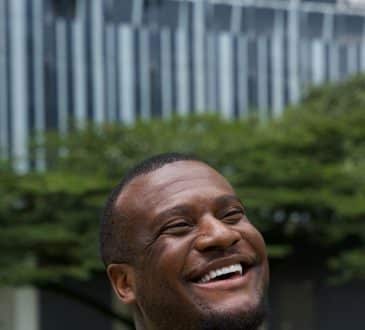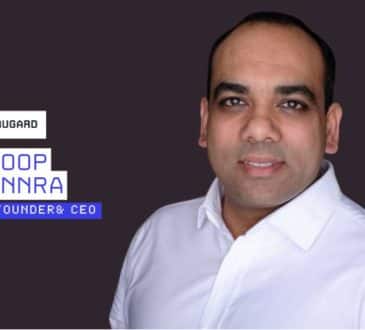WHO Calls for Transformation in Care Systems for Older People Amidst UN Decade of Healthy Ageing

On the 2024 UN International Day of Older Persons, the World Health Organization (WHO) has issued an urgent call for action to not just strengthen but fundamentally transform how countries provide care and support to older populations. This push comes as we near the midpoint of the UN Decade of Healthy Aging (2021–2030), a critical period for addressing the needs of a rapidly aging global population.
Dr. Anshu Banerjee, Director of the Department of Maternal, Newborn, Child and Adolescent Health and Ageing, highlighted the universal need for care throughout life, especially in older age. He emphasized that care systems around the world remain unprepared to meet these needs. Dr. Banerjee stressed that the UN Decade of Healthy Ageing demands a radical rethinking of how societies value and deliver care to ensure healthy aging, and he reaffirmed WHO’s commitment to supporting countries in making these essential changes.
The International Day of Older Persons, observed annually on October 1st, celebrates the contributions of older people to society while also drawing attention to the challenges they face. As the global population ages at an unprecedented rate, this day takes on increasing significance. By 2030, one in six people worldwide is projected to be aged 60 or older, with 80% of older individuals living in low- and middle-income countries by 2050, making healthy aging a global imperative.
This year’s theme, “Ageing with Dignity: The Importance of Strengthening Care and Support Systems for Older Persons Worldwide,” underscores the vital role that health and long-term care services play in ensuring older people can lead fulfilling lives. According to WHO’s latest analyses:
- Older individuals, regardless of income level or geography, continue to face unmet healthcare needs.
- Around two-thirds of people who reach older age are likely to need long-term care and assistance with daily activities, such as eating and mobility.
- Ageist stereotypes, which falsely assume that poor health is an inevitable part of aging, prevent many older people from receiving the necessary care. These stereotypes are often held by both caregivers and the elderly themselves.
Despite these challenges, access to high-quality, affordable, and equitable care remains limited, leaving many older people without the support they need to live their later years fully. The UN Decade of Healthy Ageing progress report (2021–2023) revealed that:
- Only one in four reporting countries has sufficient financial and political backing to provide integrated care tailored to older adults’ needs, and just one in three can do the same for long-term care.
- A mere 16% of low-income countries, which rely heavily on unpaid informal care, have training programs in place for caregivers of older people.
- Less than 60% of countries include long-term care in their national competency frameworks for geriatric care workers.
The UN Decade of Healthy Ageing emphasizes the need for countries to transform their care systems by implementing person-centered, integrated care that addresses the specific needs of older people and guarantees access to long-term care when required. WHO recommends that this integrated continuum of care should:
- Be person-centered, appropriate, affordable, and accessible, ensuring that each individual’s preferences and goals are met.
- Integrate health services across disciplines and specialties to provide comprehensive care without individuals falling through gaps in service.
- Merge health and social care systems, ensuring seamless access to both short- and long-term care, whether in hospitals, care facilities, communities, or homes.
- Provide adequate support for caregivers, particularly informal caregivers like family members, who are often women, ensuring equity and recognition for their contributions.
- Hold national governments accountable for providing these services in collaboration with local governments, civil society, and private sector organizations where appropriate.
Have you read?
Richest Billionaire Investors.
Billionaire Winners.
Billionaire Losers.
Best Business Schools.
Best Hotel Schools.
Bring the best of the CEOWORLD magazine's global journalism to audiences in the United States and around the world. - Add CEOWORLD magazine to your Google News feed.
Follow CEOWORLD magazine headlines on: Google News, LinkedIn, Twitter, and Facebook.
Copyright 2025 The CEOWORLD magazine. All rights reserved. This material (and any extract from it) must not be copied, redistributed or placed on any website, without CEOWORLD magazine' prior written consent. For media queries, please contact: info@ceoworld.biz








